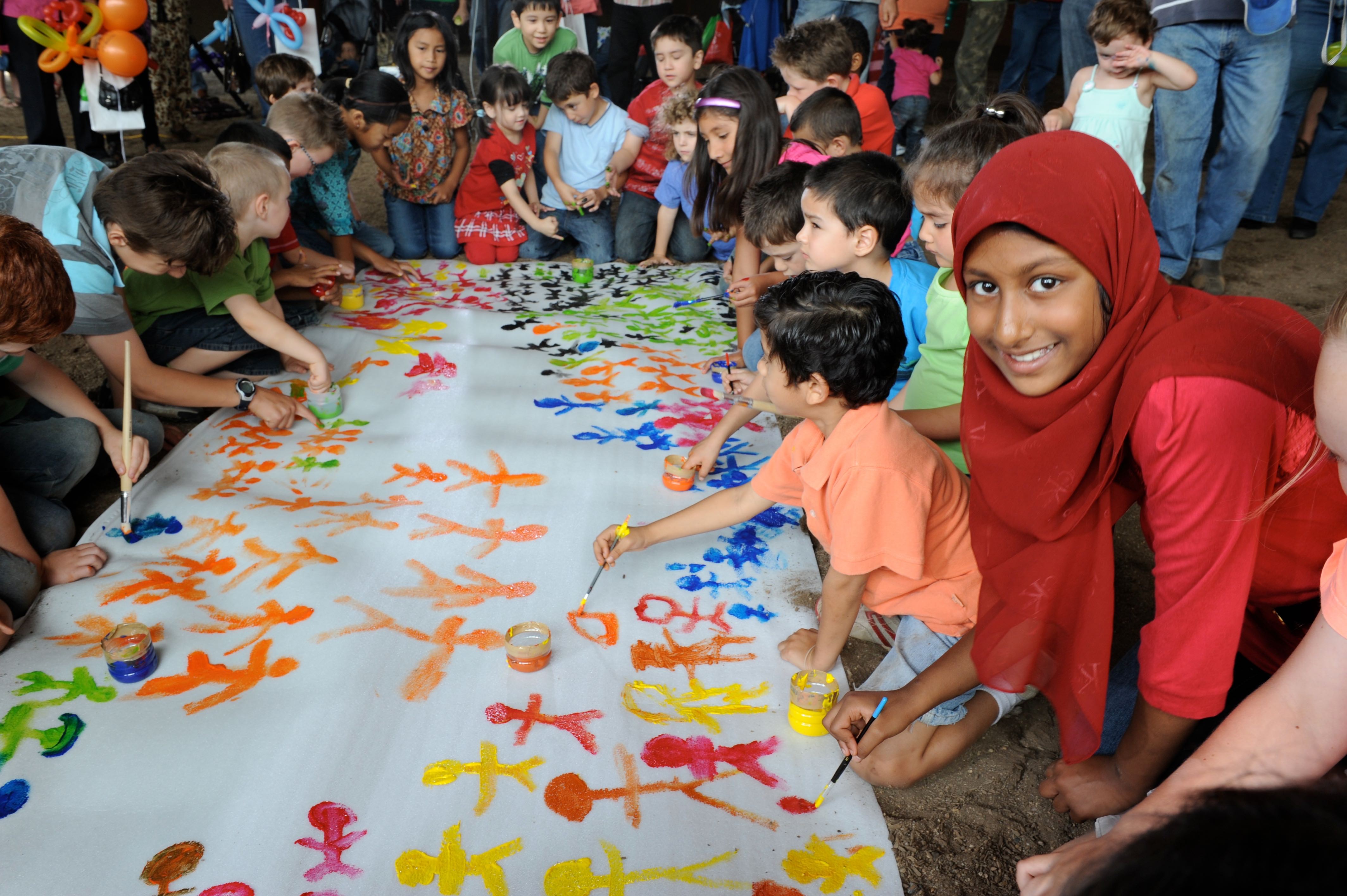Developing strategies to engage diverse students introduces experiences and perspectives that teachers can leverage as a powerful resource for everyone to learn more—in different ways, in new environments, and with different types of people. Each individual in this enormously diverse and ever-changing system has the power to serve as an invaluable resource for all others—students, teachers, and the community as a whole. The growing diversity in . classrooms necessitates and encourages the development and use of diverse teaching strategies designed to respond to each student as an individual. Here are a few resources to help teachers begin meeting the needs of diverse students.

Published by

Dr. Jennifer Miller-Ray
Jennifer Miller-Ray, PhD. is a cognitive scientist, curriculum designer and learning expert specializing in literacy, STEM K-12 integration initiatives, makerspace instructional design, pedagogy, and digital resources. Currently, she serves as an assistant professor in reading in the College of Education at Sul Ross State University. She has designed literacy and makerspace events for NASA launch parties held at the Kennedy space center, NASA STEM camps, and for the Perot Museum. Dr. Miller has received multiple NASA, state, and community grants to fund STEM research programs. In addition, Dr. Miller has developed two Massive Open Online Courses through Canvas's Open Network highlighting NASA MMS Education Outreach programs. Dr. Miller has successfully implemented research initiatives to study student attitudes and perspectives during STEAM camp and in a middle school robotics program the last three years with the University of North Texas. Dr. Miller's research centers around a makerspace project-based learning model in which elementary and middle school students connect curriculum content to informal makerspace activities to make an artifact serving the career role of a journalist, scientist, engineer, or journalist. Recently, her dissertation initiatives, funded through a NASA grant and local library public school program, were highlighted as the innovative research project in the University of North Texas's January 2017 RESEARCH magazine.
View all posts by Dr. Jennifer Miller-Ray


